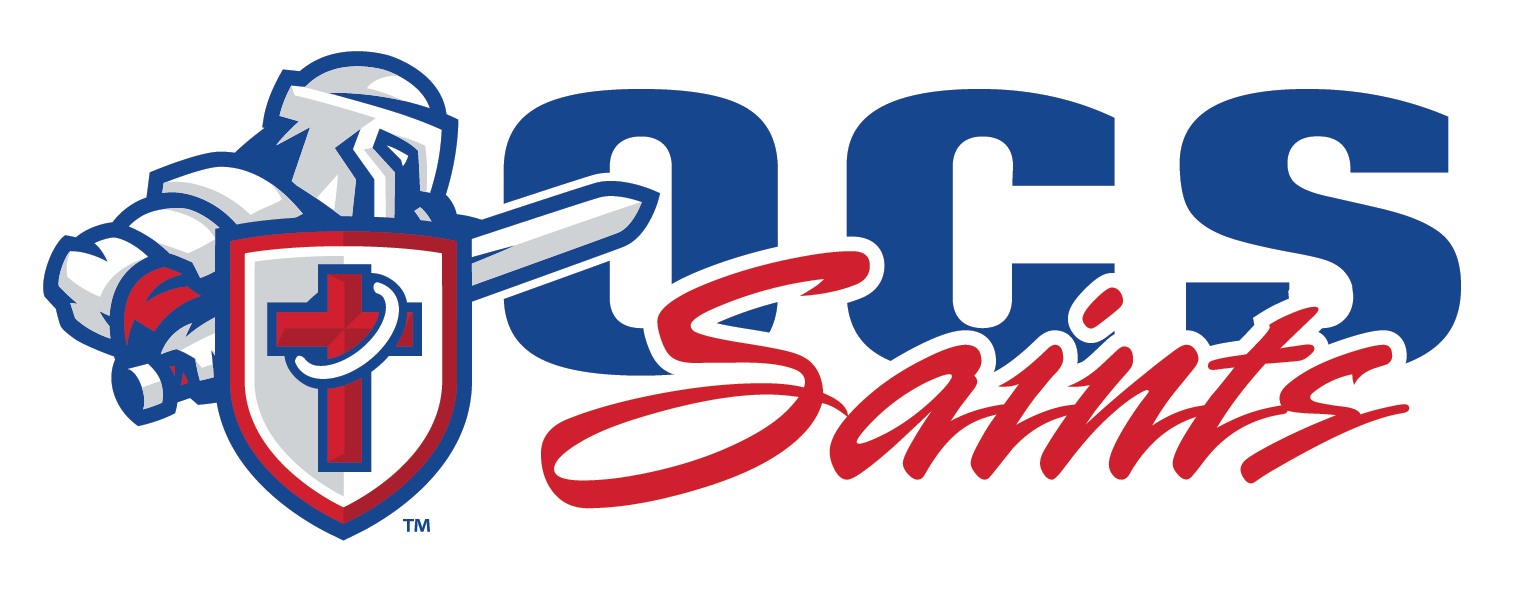Algebra I (9th grade)
Algebra I is the in-depth introduction of variables, constants, expressions and equations. The student will receive instruction in and demonstrate ability in the areas of understanding order of operations, solving equations, simplifying expressions, using properties (field axioms), arithmetic operations with polynomials, factoring, graphing (linear and quadratic functions), working with radicals and rational expressions. Fundamentals of graphing calculators will be taught.
Pre-AP Algebra I (8th grade) **
This course covers topics from Algebra I at an accelerated pace and covers some advanced topics more thoroughly than the regular course. Prerequisite: NWEA results considered.
Geometry (10th/11th grade)
The student will receive instruction and demonstrate abilities and understanding of one, two and three-dimensional objects and their properties. Deductive and inductive reasoning as well as investigative strategies in drawing conclusions are stressed. Properties and relationships of geometric objects include the study of: (1) points, lines, angles and planes; (2) polygons, with a special focus on quadrilaterals, triangles, right triangles; (3) circles; and (4) polyhedra and other solids. An understanding of proof and logic is developed. Use of graphing calculators and computer drawing programs is encouraged. Prerequisite: Algebra I.
Pre-AP Geometry (9th/10th grade) **
This course includes the study of traditional plane geometry concepts at an accelerated pace and covers some advanced topics more thoroughly the regular course. Prerequisite: Pre-AP Algebra I and NWEA results considered.
Algebra II (10th/11th grade)
Algebra II is a course that expands on the topics of Algebra I and provides further development of the concept of a function. The student will receive instruction and demonstrate ability in areas of understanding quadratic and linear functions, equations and inequalities, conic sections, applying properties of exponents with polynomial and rational functions, logarithmic and exponential functions, and sequences and series. Prerequisite: Algebra I & Geometry.
Pre-AP Algebra II (10th or 11th grade) **
This course covers the same subject matter as Algebra II plus some advanced topics. Material is covered at a faster pace and in greater depth in order to prepare students for AP mathematics. A graphing calculator is required. Prerequisite: Pre-AP Algebra I & Pre-AP Geometry and NWEA consideration.
Pre-AP PreCalculus and Trigonometry (11th or 12th grade) **
This course is designed to prepare students for Advanced Placement or college Calculus. Topics extended from previous studies are polynomial functions, rational functions, systems of equations, complex numbers, and analytic geometry. New topics introduced are trigonometry, probability, sequences and series, and limits. A graphing calculator is required for this course. Prerequisite: advanced math courses.
College Algebra or Algebra III (Student choice of dual credit)
This course is designed by the university and taught by our teacher or a concurrent teacher from a university. The course mirrors college algebra with an in depth study of linear and quadratic functions, polynomials functions, inequalities, exponents, and logarithms. The second semester of the course will also include the study of several basic trigonometry concepts.
AP Calculus AB (11th/12th grade) **
AP Calculus AB is structured around three big ideas: limits, derivatives, and integrals and the Fundamental Theorem of Calculus. This Advanced Placement course studies elementary functions, limit of a function, derivatives, integral and techniques of integration, and applications of calculus to real-world problems in fields of life science, business and economics, social science, physics, and engineering. Students will learn to formulate written responses to support conclusions resulting from mathematic computations. A graphing calculator is required. Students taking this course are expected to take the AP exam in the spring. Prerequisite: Pre-AP PreCalculus.
AP Calculus BC (12th grade) **
The topics covered in AP Calculus (BC) include: limits of differential calculus, using calculus to find extrema, Integral calculus, sequences and series. This course may be taken as an extension of AP Calculus (AB) or as a replacement. A graphing calculator is required. Students enrolled in this course are expected to take the AP exam in the spring. Prerequisite: AP Calculus AB or Pre-AP PreCalculus.
Math for Finance (12th grade)
This is an introductory course in Financial Mathematics. The course covers the following fundamental topics in finance: the time value of money, portfolio theory, capital market theory, security price modeling, and financial derivatives. Students will learn about the different types of interest (simple, discount, compound), annuities, debt retirement methods, investing in stocks and bonds. Time permitting, more advanced topics will also be covered like the dissecting of financial models.

